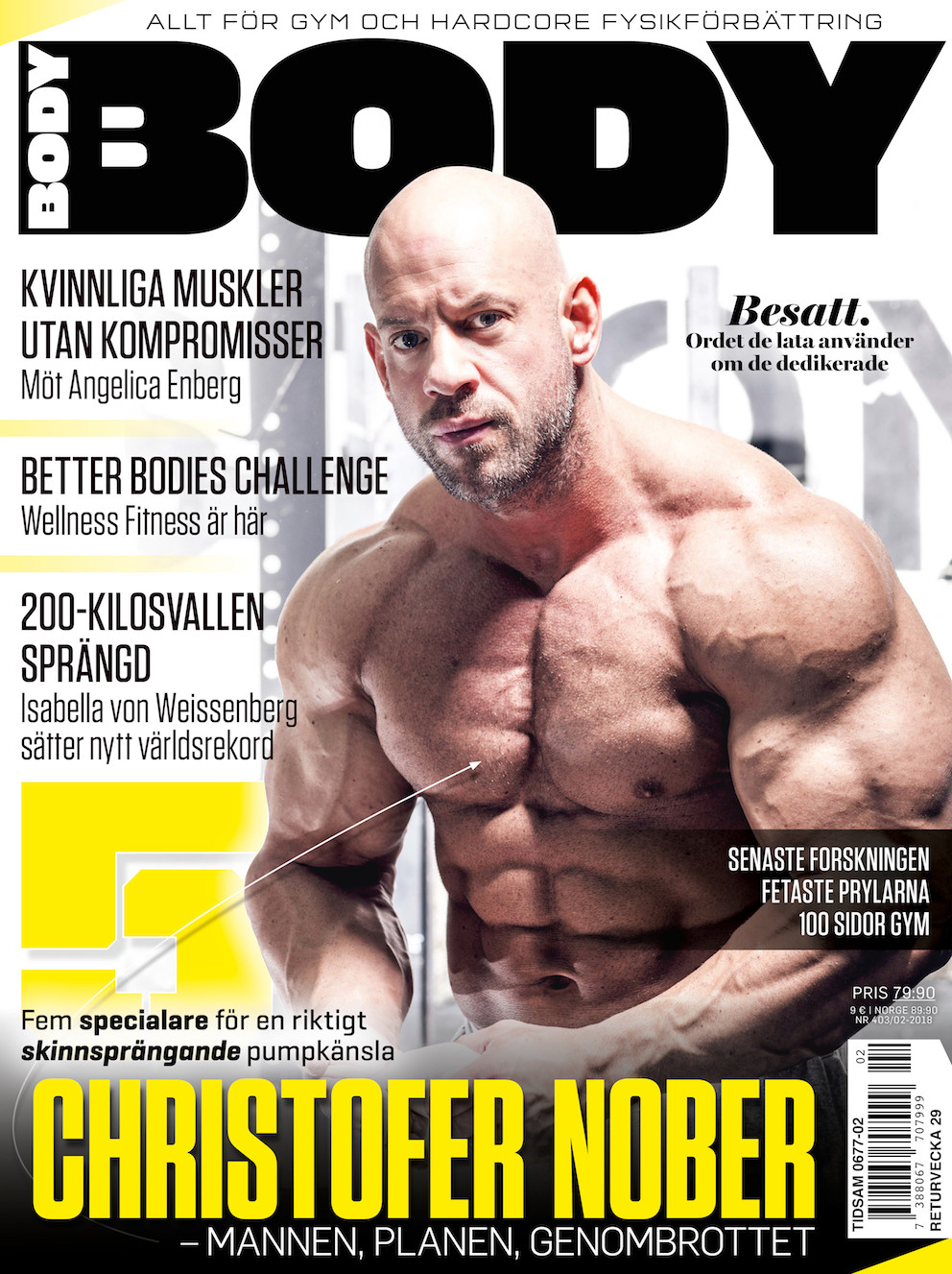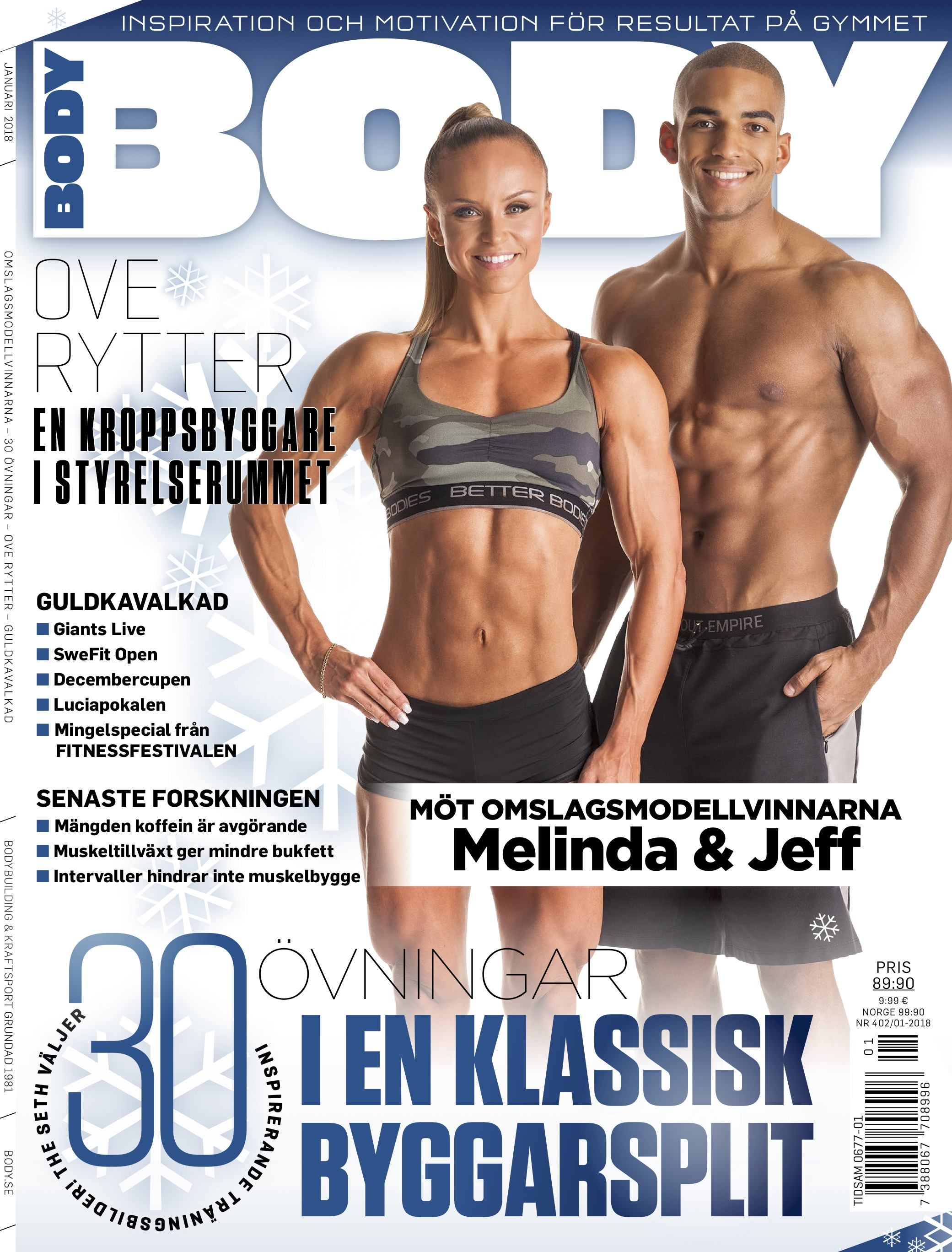Home › Forums › BODY Magazine › ”Forskning för dig” i september nr
- This topic is empty.
-
AuthorPosts
-
16 september, 2009 at 09:30 #61539
Anonym anvandare
Member16 september, 2009 at 09:30 #394784Anonym anvandare
MemberHej! Jag undrar om det är någon som vet hur och var man kan få tag i artikeln om periodisering i fulltext i september nr av body? Artikeln heter Nonlinear Periodization Maximizes Strength Gains In Split Resistance Training Routines.
Tacksam för hjälp!
16 september, 2009 at 22:14 #394785Anonym anvandare
Member”The purpose of our study was to compare strength gains after 12 weeks of nonperiodized (NP), linear periodized (LP), and nonlinear periodized (NLP) resistance training models using split training routines. Twenty-seven strength-trained men were recruited and randomly assigned to one of 3 balanced groups: NP, LP, and NLP. Strength gains in the leg press and in the bench press exercises were assessed. There were no differences between the training groups in the exercise pre-tests (p > 0.05) (i.e., bench press and leg press). The NLP group was the only group to significantly increase maximum strength in the bench press throughout the 12-week training period. In this group, upper-body strength increased significantly from pre-training to 4 weeks (p < 0.0001), from 4 to 8 weeks (p = 0.004), and from 8 weeks to the post-training (p < 0.02). The NLP group also exhibited an increase in leg press 1 repetition maximum at each time point (pre-training to 4 weeks, 4-8 week, and 8 weeks to post-training, p < 0.0001). The LP group demonstrated strength increases only after the eight training week (p = 0.02). There were no further strength increases from the 8-week to the post-training test. The NP group showed no strength increments after the 12-week training period. No differences were observed in the anthropometric profiles among the training models. In summary, our data suggest that NLP was more effective in increasing both upper- and lower-body strength for trained subjects using split routines."
[http://www.ncbi.nlm.nih.gov/sites/entrez]
-
AuthorPosts
- You must be logged in to reply to this topic.






